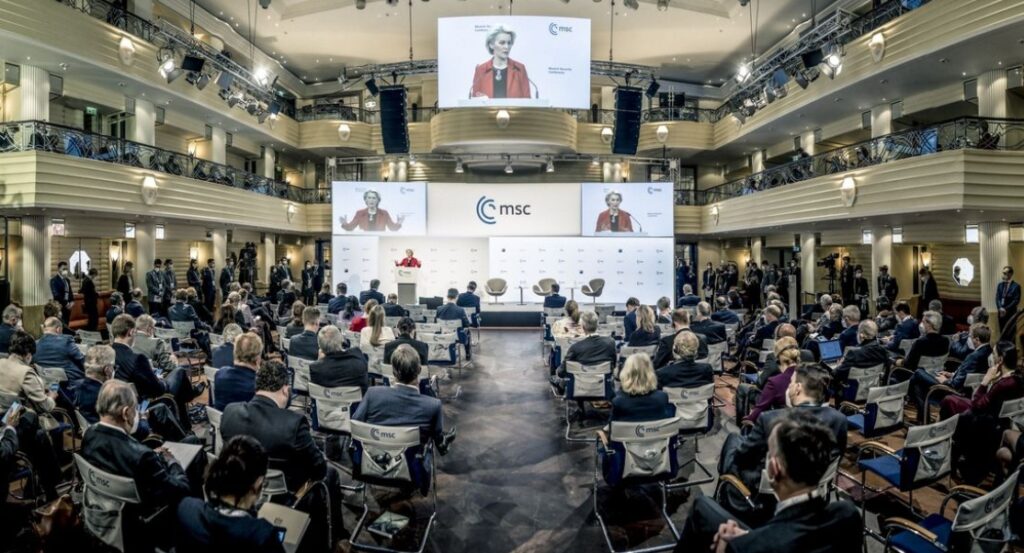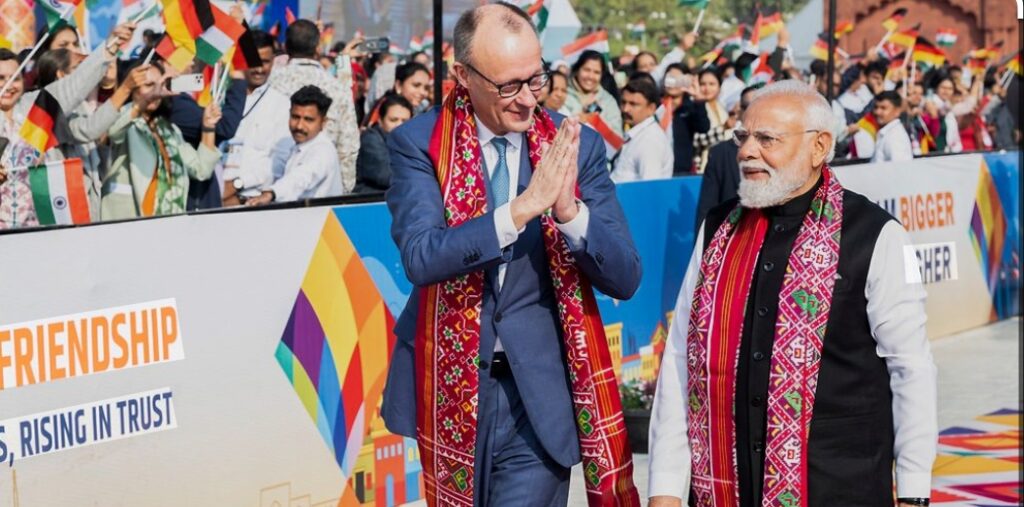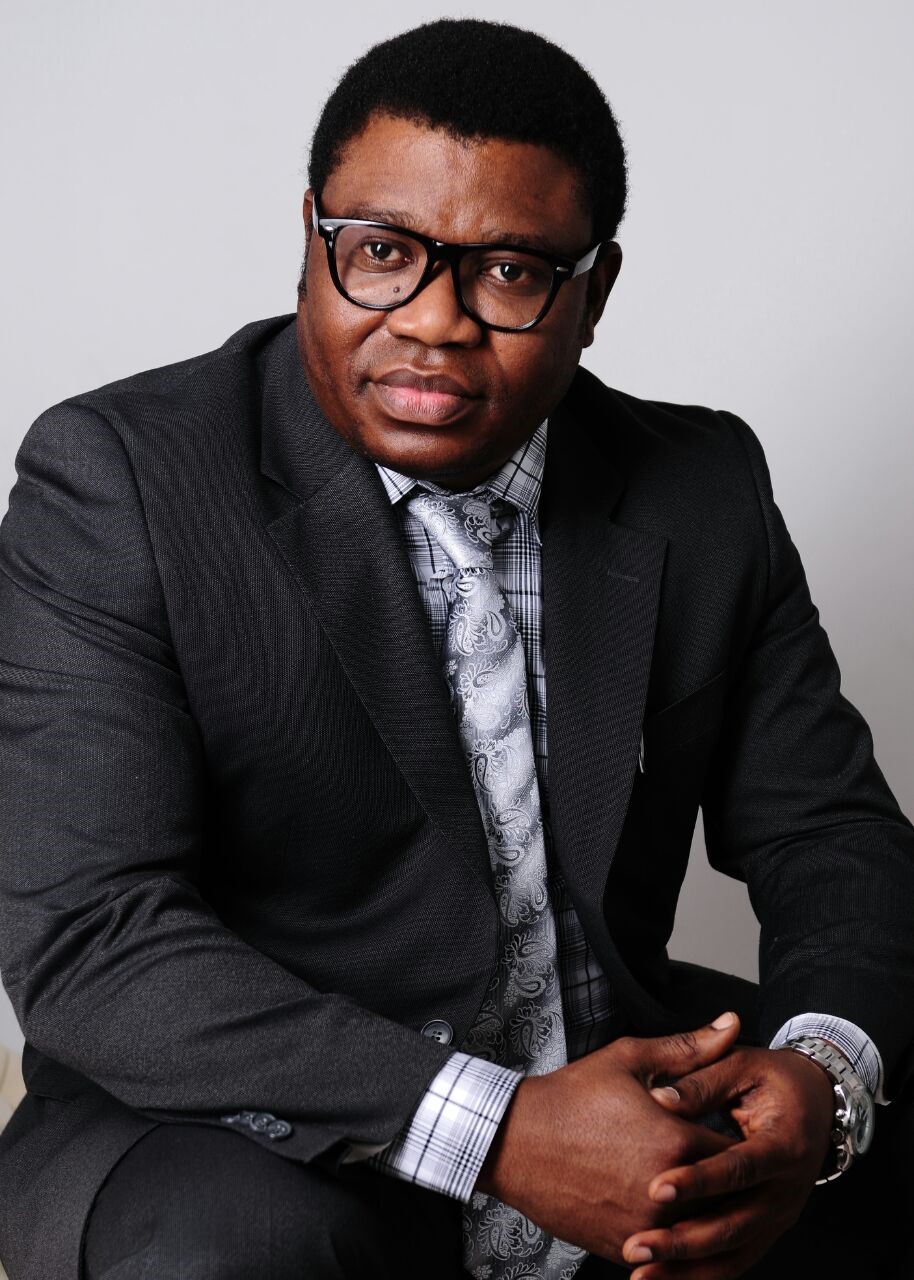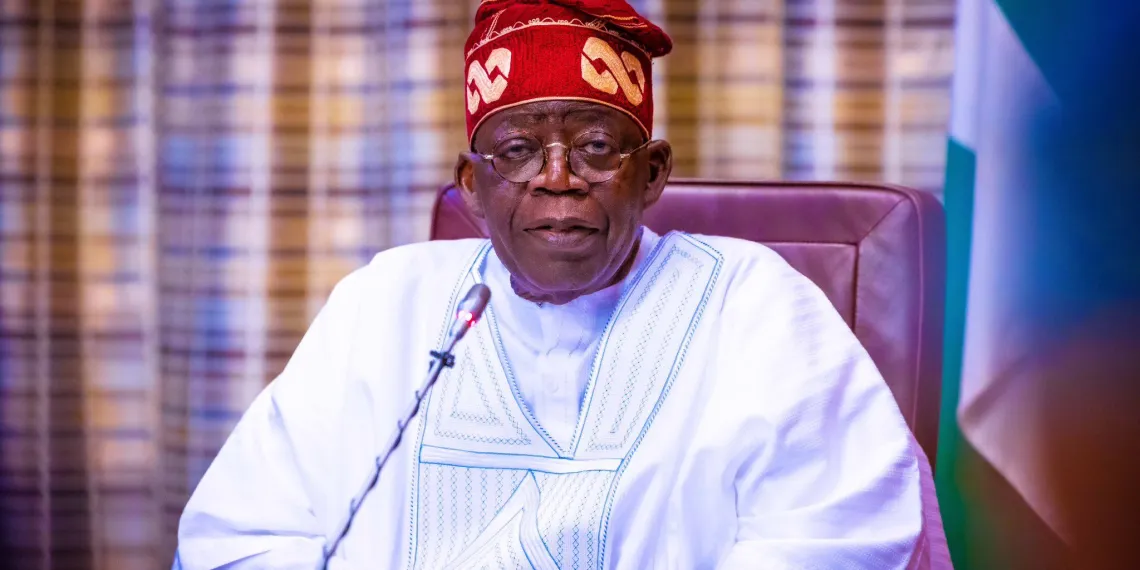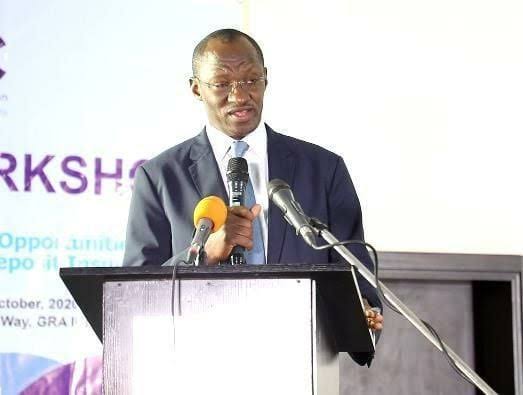Crisis or Mischaracterization? Examining the “Christian Genocide” Debate in Nigeria
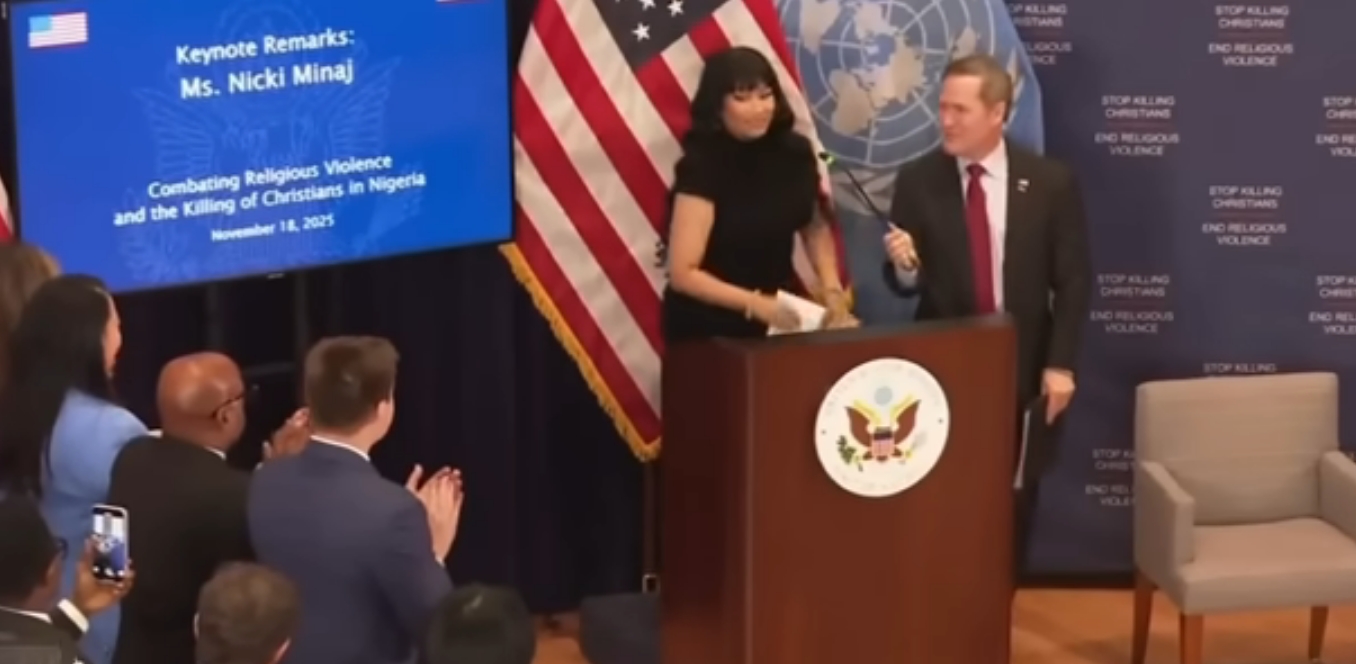
A Star-Powered Allegation Meets Complex Reality
The recent address by global rap superstar Nicki Minaj at a United Nations event, convened by the U.S. mission, has dramatically intensified international scrutiny on Nigeria’s security crisis. Standing alongside U.S. Ambassador to the UN Mike Waltz, Minaj delivered an emotional testimony alleging the systematic persecution of Christians in Nigeria, thanking President Donald Trump for his leadership on the issue. Her speech, amplified by her platform of 28 million social media followers, represents a significant moment where celebrity influence, international politics, and humanitarian concerns have converged. However, these claims of targeted Christian genocide stand in direct opposition to official statements from the Nigerian government and data from conflict researchers who describe a more complex security situation affecting all religious communities. This article provides a detailed analysis of the competing narratives, examining the evidence behind the claims, the geopolitical motivations, and the potential consequences of framing Nigeria’s multifaceted conflicts through a predominantly religious lens.
1 The Advocacy Position: Claims of Systematic Persecution
1.1 The Narrative Presented at the UN
During her UN appearance, Nicki Minaj articulated a stark picture of religious persecution in Nigeria, stating unequivocally that “Christians are being targeted, driven from their homes, and killed” and that “churches have been burned” while “entire communities live in fear constantly simply because of how they pray.” She framed her advocacy not as taking sides but as “uniting humanity,” emphasizing that protecting religious freedom represents a fundamental human right that transcends political divisions. Her position reflects a perspective that has gained significant traction in certain American political circles, particularly among conservative Christians who have adopted the Nigerian Christian plight as a central cause.
1.2 Official U.S. Position and Supporting Arguments
U.S. Ambassador Mike Waltz provided additional gravitas to these claims, drawing on his personal experience leading a military training mission in Nigeria in 2015. He described a pattern of violence where churches burn, pastors have been beheaded, and families are torn apart for their religious beliefs. He characterized this not as “random violence” but as “genocide wearing the mask of chaos,” a particularly charged term in international law and human rights discourse. The Trump administration has backed these allegations with concrete policy actions, including redesignating Nigeria as a “Country of Particular Concern” under the International Religious Freedom Act—a classification that alleges “systematic, ongoing, and egregious violations of religious freedom” and opens the door to potential sanctions and other diplomatic pressures.
1.3 Firsthand Accounts from Nigeria
Reverend Gabriel Macan, joining the UN panel virtually from Abuja, provided firsthand testimony supporting these claims. He reported that in Plateau State alone, which he described as the “umbilical cord of Christianity in northern Nigeria”, 67 villages had been “wiped out” by extremist attacks. He identified Fulani militants as “foot soldiers for forceful advance and expansion of Islam in Nigeria” and detailed how Christian communities feel defenseless against well-armed attackers. These accounts were complemented by Sean Nelson of Alliance Defending Freedom International, who cited specific legal cases including a Christian farmer facing the death penalty for defending himself against a Fulani militant attacker, illustrating what he characterized as systemic judicial bias against Christians.
2 The Nigerian Position: Rebuttal and Alternative Framework
2.1 Official Government Responses
The Nigerian government has repeatedly and vehemently pushed back against the characterization of its security challenges as religious persecution or genocide. Kimiebi Imomotimi Ebienfa, spokesman for Nigeria’s Ministry of Foreign Affairs, explicitly stated that “there is no Christian genocide in Nigeria,” acknowledging the severe security situation while emphasizing that “those killings were not restricted to Christians alone.” He pointed out that Muslims, traditional worshippers, and people of all faiths have been victims of the violence perpetrated by terrorist groups. President Bola Tinubu, a Muslim who is married to a Christian pastor, has similarly defended Nigeria’s record on religious freedom, stating that the characterization of Nigeria as religiously intolerant “does not reflect our national reality” and fails to acknowledge government efforts to protect all citizens.
2.2 Expert Analysis of the Conflict Dynamics
Security analysts and humanitarian experts consistently describe Nigeria’s violence as stemming from overlapping conflict dynamics rather than purely religious persecution. Bulama Bukarti, a Nigerian analyst on conflict and development, describes the genocide narrative as a “dangerous far-right narrative” that simplifies complex realities. Researchers note that insurgent groups like Boko Haram and Islamic State West Africa Province (ISWAP) indeed present their campaigns as anti-Christian, but in practice, their violence is largely indiscriminate, targeting markets, churches, and mosques alike. These groups frequently attack Muslims they consider insufficiently orthodox, with data showing Muslim-majority areas in the northeast bearing the brunt of much insurgent activity.
2.3 The Complex Reality of Communal Violence
Experts emphasize that genocide, is more accurately described as resource-based conflict between predominantly Fulani herders and Christian farmers. Confidence McHarry, a senior security analyst at SBM Intelligence, explains these clashes are often due to ethnic tensions and competition over land and water resources rather than purely religious motives. As these conflicts have evolved, criminal elements have further complicated the picture, with kidnapping for ransom and banditry affecting communities across religious lines. The Nigerian government acknowledges these severe security challenges while resisting their characterization as religious persecution, instead framing them as part of a broader struggle against terrorism and criminality.
3 Analyzing the Data: Conflicting Statistics and Their Sources
3.1 The Statistics Behind the Genocide Claims
The claims of Christian genocide often rely on startling statistics, particularly those originating from the International Society for Civil Liberties and Rule of Law (InterSociety), a Nigerian NGO. Their research, cited by U.S. politicians including Senator Ted Cruz, claims that over 100,000 Christians have been killed since 2009, with 7,000 deaths occurring between January and August 2025 alone. These figures have been widely circulated in American conservative media and political circles. However, methodological questions have been raised about these statistics, with the BBC finding that InterSociety’s own source materials don’t support the totals claimed, and that approximately half of the cited media reports don’t mention the religious identity of victims at all.
3.2 Alternative Data from Conflict Monitoring Groups
Independent conflict monitoring organizations present a different statistical picture. The Armed Conflict Location and Event Data (ACLED) project, a widely respected U.S.-based crisis monitoring group, has documented violence in Nigeria extensively. Their research shows that out of 1,923 attacks on civilians in Nigeria in 2025, only 50 specifically targeted Christians because of their religion. ACLED estimates that approximately 53,000 civilians total (both Muslim and Christian) have been killed in targeted political violence since 2009, roughly half the figure claimed by those alleging Christian genocide. For the period from 2020 to September 2025, ACLED identified 384 incidents where Christians were specifically targeted, resulting in 317 deaths, a troubling figure but one that represents “just a small proportion of those killed” in Nigeria’s overall violence.
3.3 Analysis of Religious Targeting
Even organizations focused specifically on Christian persecution present data that complicates the genocide narrative. Open Doors, a charity that researches persecution of Christians worldwide, reported that 3,100 Christians were killed in Nigeria between October 2023 and October 2024, the figure referenced by President Trump. However, their same report noted that 2,320 Muslims were also killed during that identical period, and that Fulani militant groups, often characterized as solely targeting Christians, were increasingly attacking Muslims as well. This data suggests that while Christians are indeed targeted in specific attacks, they represent one group among many affected by Nigeria’s multifaceted security crisis.
Table: Comparing Key Statistics in Nigeria’s Violence
| Source | Timeframe | Christian Deaths | Muslim Deaths | Notes |
| InterSociety | 2009-2025 | 100,000+ | 60,000 “moderate Muslims” | Figures cited by US politicians |
| ACLED | 2009-2025 | ~Part of 53,000 total civilians | ~Part of 53,000 total civilians | Does not separate by religion |
| Open Doors | Oct 2023-Oct 2024 | 3,100 | 2,320 | Provided to White House |
| ACLED | Jan-Aug 2025 | 50 religiously-targeted attacks | – | Of 1,923 total attacks on civilians |
4 Geopolitical Context and Motivations
4.1 U.S. Domestic Politics and International Policy
The intense American focus on Nigeria’s Christians must be understood within the context of U.S. domestic politics and the Trump administration’s particular emphasis on religious freedom, especially Christian persecution. President Trump has explicitly threatened military action in Nigeria, stating he could deploy troops or conduct airstrikes and warning he might “go into that now-disgraced country guns-a-blazing.” This alignment with Christian conservative priorities represents a consistent theme in Trump’s foreign policy, reflected in his creation of a Religious Liberty Commission and his unprecedented focus on the issue at international forums like the UN. The “Country of Particular Concern” designation places Nigeria alongside nations like China, North Korea, and Russia in the U.S. assessment of religious freedom violations.
4.2 Nigerian Sovereignty and International Relations
From Nigeria’s perspective, the American intervention represents a challenging sovereignty issue. Nigerian officials have expressed willingness to accept international assistance in fighting terrorist groups but have emphatically drawn the line at unilateral action that would “undermine the territorial integrity” of the nation. Daniel Bwala, an adviser to President Tinubu, attempted to strike a diplomatic balance, playing down tensions despite Trump’s characterization of Nigeria as a “disgraced country” and suggesting that direct engagement between the two leaders could produce “better outcomes in our joint resolve to fight terrorism.” This careful positioning reflects Nigeria’s delicate situation as it seeks international support while resisting what many perceive as external imposition of frameworks that don’t match local realities.
4.3 The Palestinian Connection and International Alliances
Some analysts have suggested that the timing of the intensified focus on Nigerian Christians connects to broader international dynamics, particularly regarding Israel and Palestine. One analysis suggests that “far-right and pro-Israel actors are recasting Nigeria’s insecurity as sectarian extermination to distract from Palestine,” noting that many prominent voices pushing the Christian genocide narrative have simultaneous strong pro-Israel positions. This perspective suggests that the humanitarian crisis in Nigeria is being instrumentalized by various international actors for their own geopolitical purposes, potentially complicating efforts to address the actual roots of the violence.
Conclusion: Navigating Complex Realities in the Face of Simplification
The powerful testimony of Nicki Minaj at the United Nations has undoubtedly brought unprecedented attention to the suffering of Nigerian Christians, representing a significant moment in which celebrity influence has shaped international humanitarian discourse. There is no question that Christian communities in Nigeria have experienced devastating attacks, church burnings, and targeted violence that demands both acknowledgment and intervention. However, the framing of this violence as a religious genocide against Christians alone does not withstand comprehensive scrutiny of the available data, which shows a more complex reality of indiscriminate terrorism, resource competition, and criminal violence affecting Nigerians of all faiths.
The fundamental disconnects between the narrative presented at the UN and the assessment of most conflict experts presents serious challenges for effective policy responses. Reducing multifaceted conflicts to religious persecution risks exacerbating tensions within Nigeria’s delicately balanced religious landscape and could lead to international responses that fail to address the actual drivers of violence. As the Nigerian government and its international partners, including the United States, seek paths forward, approaches that recognize the complex, overlapping motivations behind Nigeria’s security crises, while acknowledging the specific vulnerabilities of all targeted communities, including Christians, will be essential for developing effective strategies to protect all Nigerian citizens.
Table: Key Perspectives on Nigeria’s Violence
| Perspective | View of Violence | Primary Drivers | Proposed Solutions |
| U.S. Advocacy Position | Religious genocide targeting Christians | Islamic extremism, intentional persecution | International pressure, sanctions, possible military intervention |
| Nigerian Government | General terrorism affecting all faiths | Multiple insurgent groups, criminal elements | Domestic security measures, international cooperation respecting sovereignty |
| Conflict Researchers | Complex, overlapping conflict dynamics | Political, economic, ethnic factors alongside religious extremism | Comprehensive approach addressing root causes alongside security |
The conversation begun by Minaj’s advocacy highlights the continuing power of celebrity voices to shape international attention to humanitarian crises, while also demonstrating the perils of simplifying complex conflicts for political or narrative convenience. As Nigeria faces continued violence from multiple sources, the need for nuanced, evidence-based responses has never been more critical, for the protection of Christians, Muslims, and all Nigerians caught in the crossfire of conflicts that defy easy categorization.


